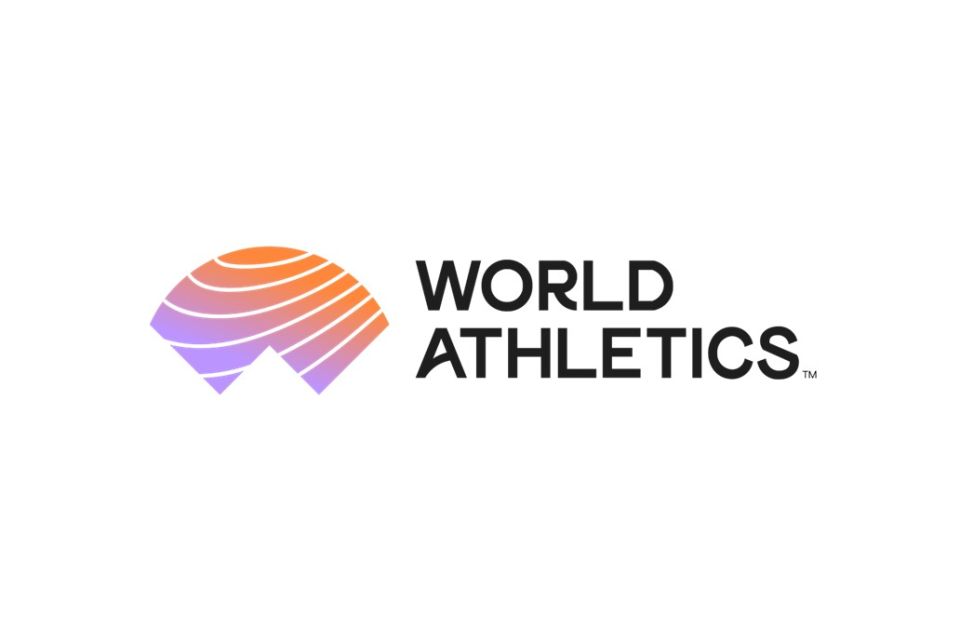
The World Anti-Doping Agency (WADA) has published the 2024 List of Prohibited Substances and Methods which enters into force 1 January 2024.
The Prohibited List is mandatory for all WADA Code signatories and designates what substances and methods are prohibited both in- and out-of-competition and which substances are banned in particular sports.
WADA Director General Olivier Niggli said: “We encourage athletes, their entourage and all stakeholders to acquaint themselves with the Summary of Major Modifications to avoid inadvertent use of substances and methods that are prohibited in sport for 2024. In particular, we kindly ask all Anti-Doping Organizations around the world to share the List and its related documents with athletes, their entourage and other relevant stakeholders under their jurisdiction.”
The significant changes include tramadol being prohibited from 1 January 2024. On 23 September 2022, the Executive Committee endorsed the recommendation by WADA’s List Expert Advisory Group to prohibit tramadol with the delay being implemented to allow enough time for stakeholders to learn and adapt to this change.
You can read the WADA statement here.


